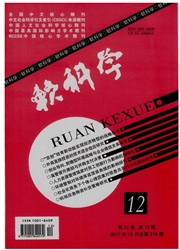

 中文摘要:
中文摘要:
基于信号传递理论和公平理论,构建了网络零售商无缺陷退货政策对消费者溢价支付意愿影响的概念模型,以分析其直接和间接影响,以及产品类别和产品涉入度的调节作用。结果表明,宽松的退货政策使消费者产生更高的感知质量和更低的感知风险,进而产生更高的溢价支付意愿。相对于搜索产品,购买体验品时退货政策宽松度对消费者感知质量和感知风险的影响更强;相对于低涉入度的消费者,退货政策对高涉入度消费者的感知质量影响更强,而对感知风险的影响并无显著差异。
 英文摘要:
英文摘要:
In order to explore the direct and indirect effects of the return policy, as well as the moderating role of product type and product involvement, this paper developed a conceptual model about the impact of the e-tailer's return policy on willingness to pay for a price premium based on signaling theory and equity theory. Results show that latent return policy make consumers produce higher perceived quality and lower perceived risk, thereby increasing consumers" willingness to pay a price premium. The effects of a return policy on perceived quality and perceived risk are stronger for experienee goods than for search goods. The effects of a return policy on perceived quality are stronger for high product involvement consumers than for low product involvement eonsumers, but there is no significant difference in the perceived risk.
 同期刊论文项目
同期刊论文项目
 同项目期刊论文
同项目期刊论文
 期刊信息
期刊信息
